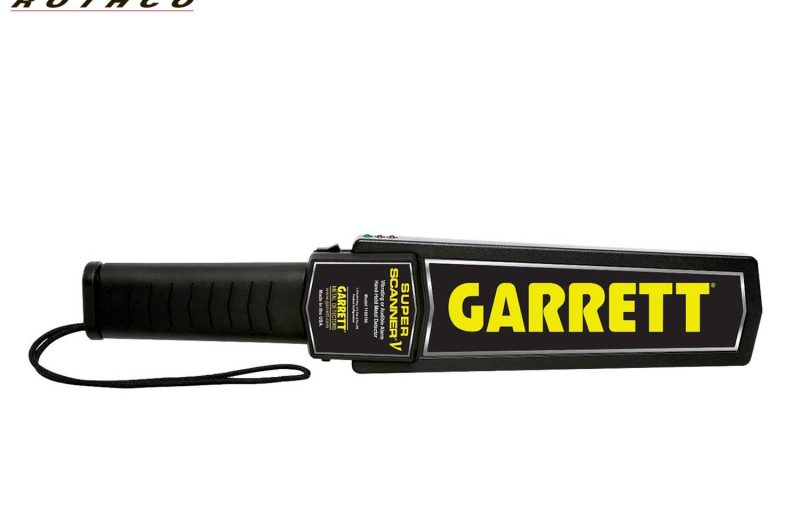Hand-held metal detectors are devices designed to detect the presence of metal objects in the vicinity. They are commonly used in a variety of settings, including airport security screenings, prison and court security checks, schools, and other public buildings. These devices provide a quick and non-invasive way to screen individuals for concealed metal items that may pose a threat.
Hand-held metal detectors come in different shapes and sizes, but they all operate on the same basic principle: they produce an electromagnetic field that penetrates through clothing and other materials to detect metal objects. The detectors emit a signal when metal is detected, alerting the operator to the presence of a metal object.
There are several types of hand-held metal detectors available on the market, each with its own unique features and capabilities. Some of the most common types include:
- Walk-through metal detectors: These are large, stationary metal detectors that individuals walk through as a form of security screening. They are commonly used in airports, courthouses, and other high-security facilities.
- Wand metal detectors: These are handheld metal detectors that are used to screen individuals for metal objects. They are commonly used in prisons, schools, and other public buildings.
- Pinpoint metal detectors: These are handheld metal detectors that are designed to locate metal objects more precisely. They are commonly used by treasure hunters and metal-detecting enthusiasts.
Regardless of the type of hand-held metal detector, they all have several common features that are important to consider when making a purchasing decision.
- Sensitivity: The sensitivity of a metal detector refers to its ability to detect metal objects of different sizes and compositions. Hand-held metal detectors typically have adjustable sensitivity levels that can be adjusted to match the specific needs of the operator.
- Discrimination: Discrimination refers to the ability of a metal detector to differentiate between different types of metal. Some hand-held metal detectors have adjustable discrimination controls that allow the operator to ignore certain types of metal, such as aluminum or iron, so they can focus on the metal objects they’re most interested in finding.
- Frequency: The frequency of a metal detector refers to the number of electromagnetic signals it produces per second. The frequency of a metal detector affects its ability to detect metal objects at different depths, with higher frequency detectors typically being able to detect metal objects at deeper depths.
- Pinpointing: Pinpointing refers to the ability of a metal detector to locate the exact position of a metal object. This is an important feature for treasure hunters and metal detecting enthusiasts, as it helps them to focus their efforts on the most promising areas.
- Durability: Hand-held metal detectors are often used in outdoor and other harsh environments, so it’s important to choose a device that is durable and can withstand wear and tear. Look for a metal detector with a sturdy construction and weather-resistant design.
When choosing a hand-held metal detector, it’s also important to consider the specific needs of your application. For example, if you’re looking for a metal detector for security screening, you may want to consider a device with adjustable discrimination controls so you can ignore certain types of metal. If you’re a treasure hunter, you may want to choose a metal detector with a high frequency and pinpointing capability so you can locate metal objects more precisely.
In conclusion, hand-held metal detectors are an essential tool for a variety of applications, from security screening to treasure hunting. When choosing a hand-held metal detector, it’s important to consider factors such as sensitivity, discrimination, frequency, pinpointing, and durability to ensure that you choose a device that is well-suited to your needs. With so many different



